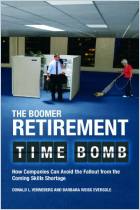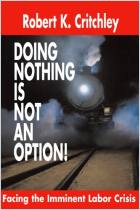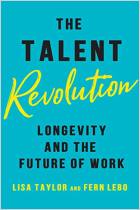
Recommendation
Living beyond 100 years may soon become the norm for children in advanced economies, and companies must adjust their HR policies. Writing for MIT Sloan Management Review, researchers Lynda Gratton and Andrew Scott of the London Business School lay out how corporations can adjust their structures to accommodate longer lifespans and longer careers.
Summary
About the Authors
Lynda Gratton and Andrew Scott are professors at the London Business School and co-wrote The 100-Year Life: Living and Working in an Age of Longevity.
By the same authors
Book
Book























Comment on this summary or 开始讨论